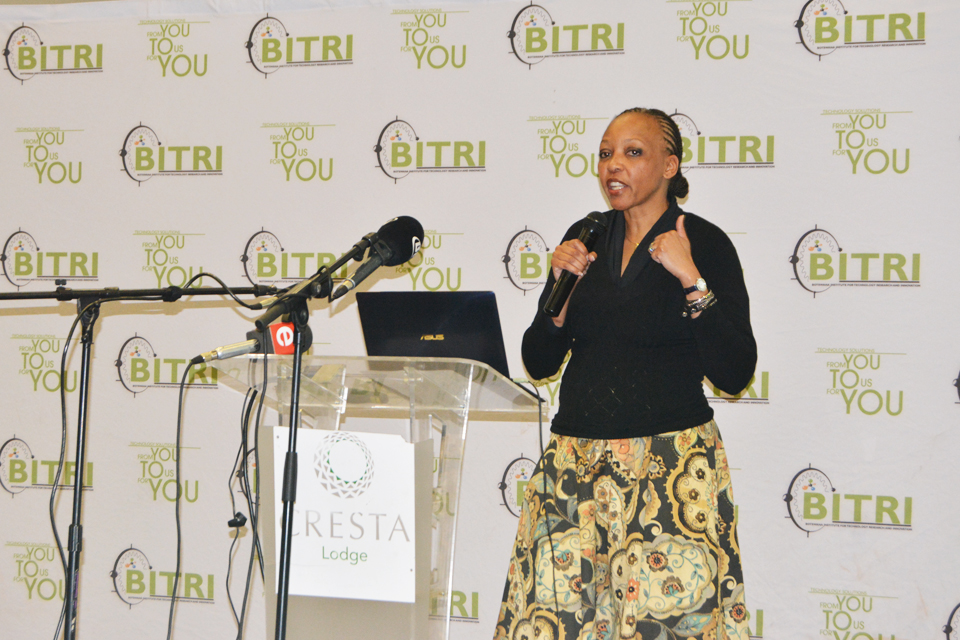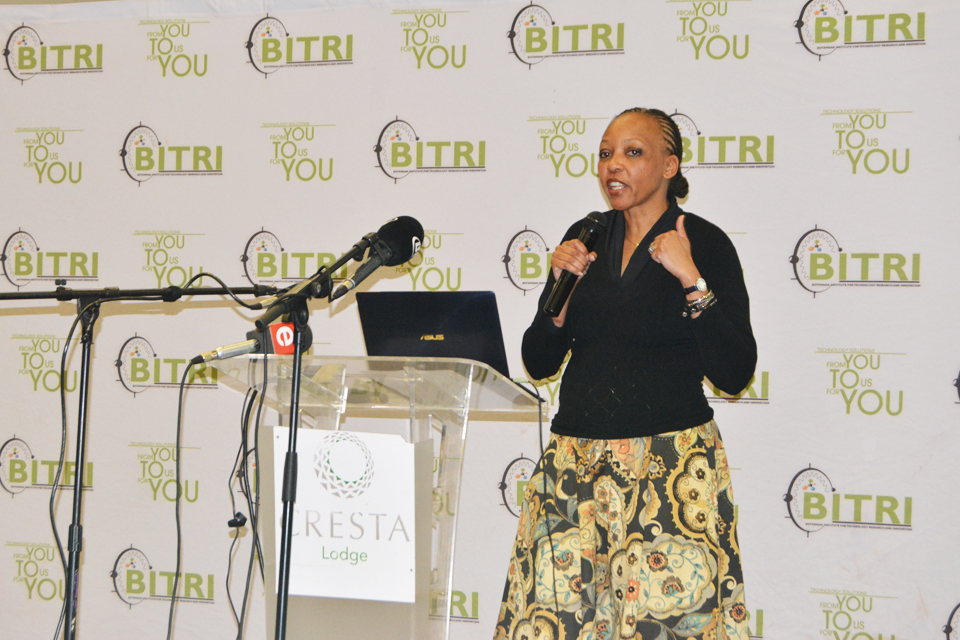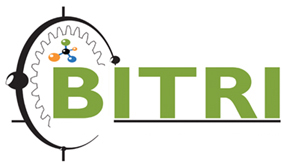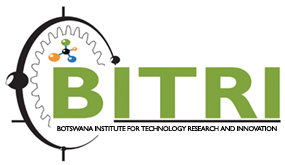July 5, 2019


The Botswana Institute for Technology Research and Innovation (BITRI) public seminar held on 4th July 2019 titled “Building and Leveraging your Innovation Ecosystem” focused on how academia and Research and Development institutions can leverage upon the innovation ecosystem within which they operate for effective and smooth technology transfer for the benefit of all stakeholders. The guest speaker, Dr. Sibongile Gumbi addressed an enthusiastic audience on her journey as innovator and black woman entrepreneur and contexualised BITRI as Botswana’s premier research institute, concluding with how the organization could leverage its capabilities to enhance the country’s key economic sectors, including mining, agriculture and tourism.
When delivering the Welcome Remarks, BITRI Board Member Mrs Lesego Thamae said BITRI’s measure of success as the Government’s principal research institute was translating research results into practical solutions that have a positive impact on the country’s economy.
“BITRI was established to contribute to the socio- economic needs and global competitiveness of Botswana. In addition to its vision of being “The leading technology solutions provider that transforms lives”, BITRI has adopted a robust philosophy that defines how it goes about executing its mandate for the betterment of Batswana. The philosophy is – “Technology Solutions from You to Us for You. Ladies and gentlemen, at the core of this philosophy are the underlying operative words – co-creation and collaboration. BITRI as a research technology organization operates in innovation eco-system where every party is equally important and must diligently and effectively play its role through co creation and collaboration. BITRI exists to conduct demand-driven research and development,” elaborated Mrs. Thamae.
Mrs. Thamae encouraged stakeholders to work with BITRI in the development of innovative solutions. “I would like to request and encourage, members of the public, Small Medium Enterprises, local companies, organizations and the academia and the industry to collaborate and co-create with BITRI to provide relevant and useful technology solutions to problems they are confronted with. BITRI has a well-established Department of Research and Partnerships. Within this department we have managed to establish the Technology Transfer Office whose main responsibility is to ensure that BITRI invented technologies are transferred and/or commercialized to reach and benefit end users,” Mrs. Thamae explained.
In setting the tone for her talk, Dr. Gumbi gave an overview of her journey as an entrepreneur and the challenges that she and her partners faced as owners and drivers of innovation at iVacBio (Pty) Ltd which she owns and manages with other black women. Dr. Gumbi also gave an overview of technology innovation worldwide, highlighting how technology is constantly advancing, touching on every industry, helping to develop scalable and high growth potential businesses and impacting every aspect of life, principally to make it easier, and better. Dr. Gumbi further contexualised BITRI as a research institute, touching on its research areas and the relevant support functions and strategic objectives, which include “… fostering and supporting high-quality applied research and facilitating the commercialization of research output into relevant and applicable innovations.
Dr. Gumbi stressed the need for an evolving policy landscape, utilization of new technological opportunities, intensification of knowledge-based growth, and creation of high growth companies. “The level of technology and advancement of the system of innovation is also an important determinant of economic growth. A rapid rate of growth can be achieved through high level of technology. If the level of technology development becomes constant the process of growth stops. Thus, it is the technological progress which keeps the economy moving,” Dr. Gumbi explained.
The approach involves Fostering an Innovation Ecosystem with Government establishing and implementing high-level policies to foster innovation, having the business sector as the main driver of innovation, with other actors such as financiers and academic and research institutes developing financial products, skills and outputs, in that order that support the strategic objectives of the Government. Measures for such an approach would include providing incentives for investing in Research, Development and Innovation (RDI), providing venture capital and mentorships for start-ups, and making it easier to all levels of business sizes to register and commercialise Intellectual Property and the related innovations.
“The Fourth Industrial Revolution is a new era that builds and extends the impact of digitisation in new and unanticipated ways. It represents entirely new ways in which technology becomes embedded within societies and even our human bodies. It is characterised by the integration of technologies that is blurring the lines between the physical, digital and biological spheres and its development and diffusion is faster than ever. The growing harmonisation and integration of different disciplines and discoveries presents BITRI with opportunities, to amongst others, mix computational design, additive manufacturing, materials engineering and synthetic biology to pioneer new interactive systems, for example in 3D printing of living tissue and implantable devices. There is also an opportunity to restore and regenerate our natural environment through the application of technologies and intelligent systems design,” Dr. Gumbi expounded.
For application of the 4IR, Dr Gumbi recommended solutions such digital twinning for training employees on potential risks in the workplace, the use of autonomous vehicles and equipment and the application of intelligent data analytics systems and fitting mining equipment with sensors that generate messages about breakdowns or safety issues for optimisation of capital and labour and enabling better decision-making. For the tourism sector, Dr. Gumbi recommended digitisation of products, big data and cloud computing for easier understanding and satisfaction of individual customer needs accurately, as well as the use of robots to offer services such as greeting, transfer, bell-boy services, payment, promotion, on-site guidance, food and beverage orders.
For agriculture, recommended applications include the use of smart devices, greater automation for better energy efficiency, optimising food technology, especially food design and preservation and specific applications in the bioscience arena, which encompasses protein production and animal genetics. The recommendations also covered to use of tools to enhance sustainability such as vertical agriculture, the use of internet by livestock farmers to access information and knowledge to improve productivity on their farms, utilization of mobile devices and platforms connect smallholder farmers to markets as well as geo-spatial analysis to help farmers make informed decisions.
In his Closing Remarks, the Managing Director of Botswana Vaccine Institute, Dr. George Matlho acknowledged the orientation of the Botswana Government to establish RDI at the core of its development agenda and called for greater collaboration research development institutions and business to come up with more relevant and groundbreaking innovations.
The seminar was patronized by the BITRI Board of Directors, leaders from different organisations and sectors, the media and BITRI management and staff. The BITRI public seminars are held on a quarterly-basis and are intended to share and exchange research ideas on topics of current relevance to our mandate in contributing to Botswana’s socio-economic development.

